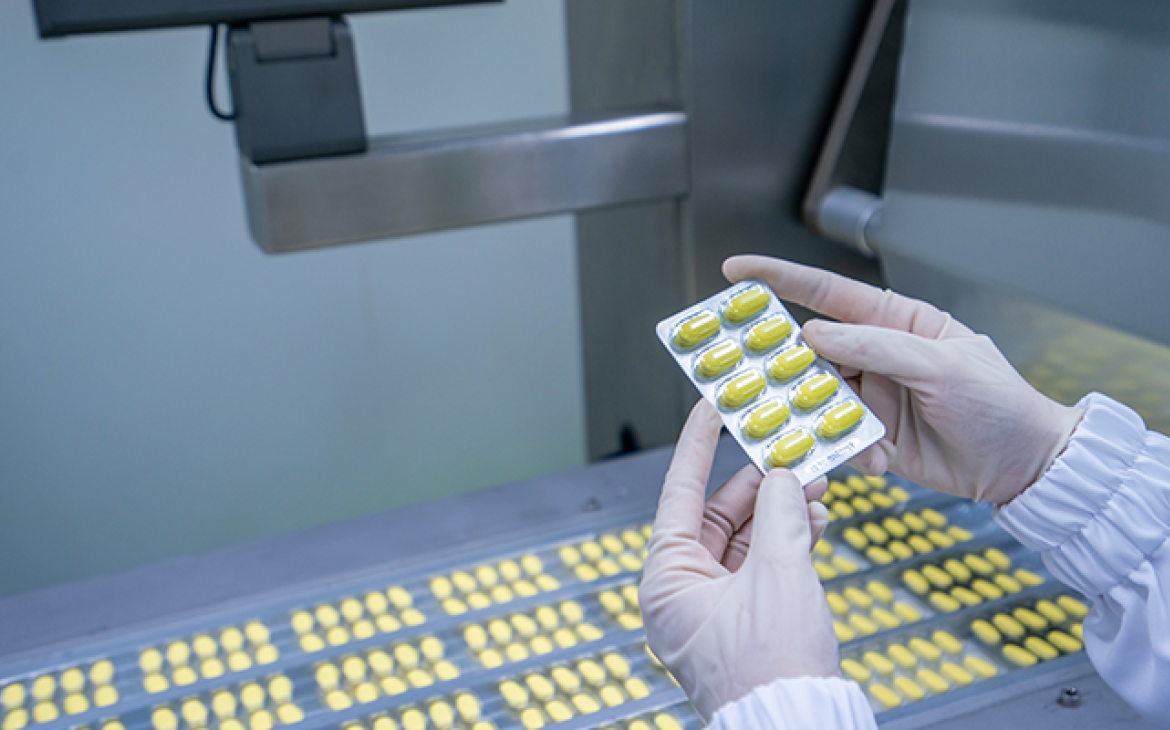For patients needing a bone marrow or stem cell transplant, successful treatment often depends on finding a viable transplant sample with the right amount of hematopoietic stem cells (HSCs) to rebuild the patient’s immune system. Each year, more than 50,000 such transplants are performed around the world, according to the World Health Organization. Finding a well-matched donor with enough HSCs is critical and can involve a network of laboratories.
While determining the number of HSCs in a sample is critical for a successful transplant, the process has been plagued with inconsistent results, especially among different clinical centers. USP’s new standard, introduced in 2017, has made counting – or enumerating – HSCs more accurate by providing a standardized method to better measure the cells expressing the CD34+ marker present on the surface of almost all HSCs.
This important analytical advancement effort began in 2015, when USP formed an Expert Panel to explore CD34+ cell enumeration and develop a standard that could help achieve reliable and consistent CD34+ counts across laboratories. An Expert Panel is an advisory group comprised of volunteers with specific expertise to inform the standards-setting efforts of USP’s Expert Committees. “USP brought together leading scientific experts in the field from industry, government, and academia, including the practitioner community,” notes the panel’s chair Nicole M. Provost, Ph.D. “For two years, our Expert Panel collaborated with transplant and analytical labs to develop and document a much-needed standardized method for HSC enumeration. Our goal was to help laboratories achieve consistent HSC counts, which we know play a critical role in transplant patient care.”
In 2017, the panel introduced USP’s first standardized method for CD34+ cell enumeration, along with an accompanying system-suitability reference standard. The method, described in USP General Chapter <127>, successfully provides a standardized flow cytometric method for enumerating HSCs. Based on ISHAGE protocols, it can be used to quantitate CD34+ HSCs in samples of bone marrow, cord blood, peripheral blood, and leukapheresis products. The accompanying reference standard contains a known number of CD34+ cells; it can be used to assess flow cytometry reagents, and to ensure the correct gating for data acquisition and analysis.
“Contributing to the development of the CD34+ cell reference standard was a truly gratifying and profound experience,” remarked Dr. Provost. “I encourage everyone to consider volunteering as an expert for USP in order to help make a difference in the lives of people all around the world.”
Learn about opportunities for volunteering your expertise at USP
Developing standards for CD34+ and other biologic therapies is just one of many opportunities at USP, for scientific and healthcare professionals – whether entry-level or seasoned experts – to volunteer their expertise and make a lasting impact on quality medicines and public health.
In preparation for the start of a new five-year business cycle, USP is currently seeking new volunteers. Pharmaceutical scientists, academicians, regulatory professionals, healthcare practitioners, and others who work with medicines, dietary supplements and foods are encouraged to apply. Learn how you can play a role in creating a healthier tomorrow by visiting http://www.usp.org/about/volunteer-experts today.


